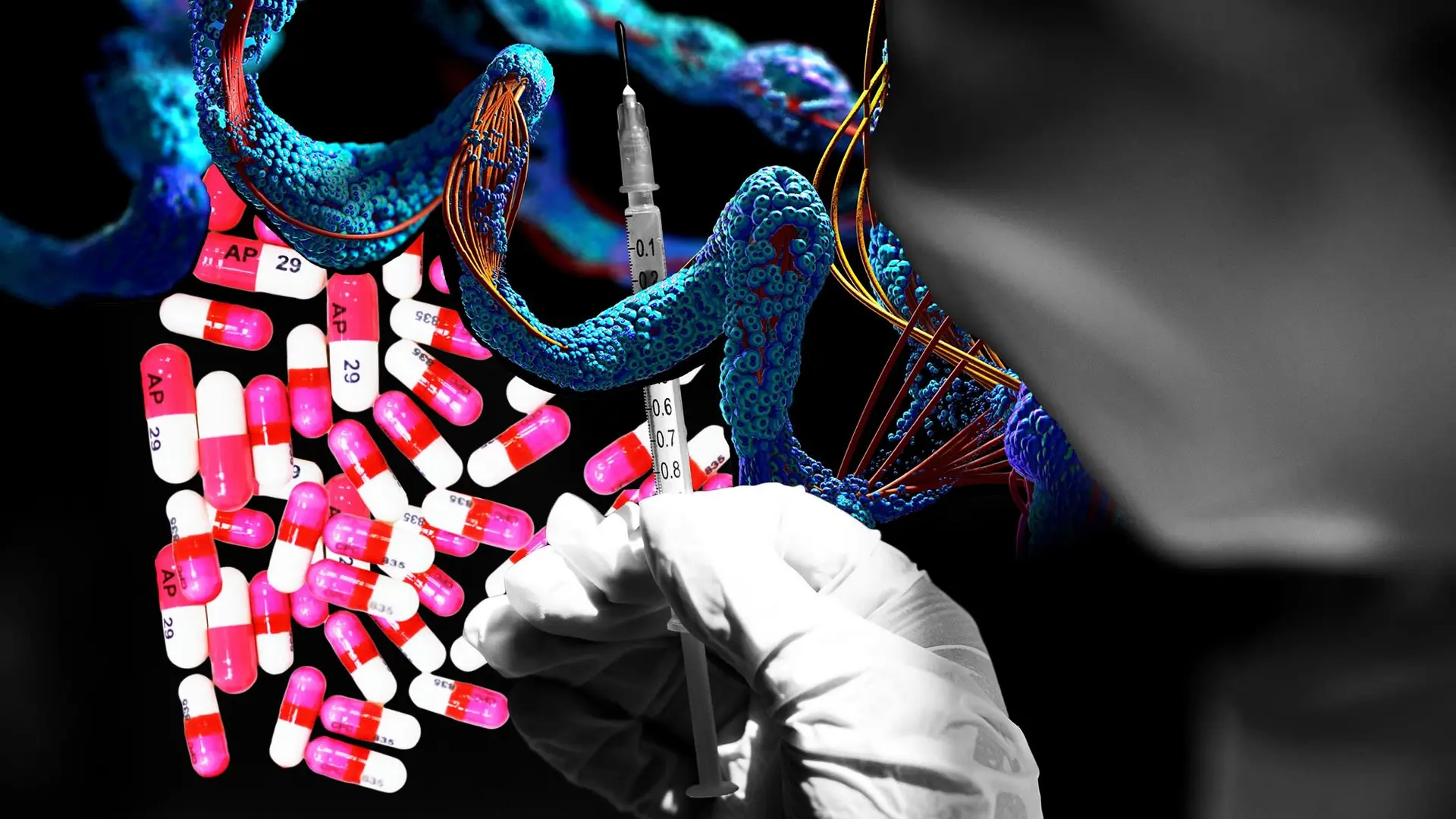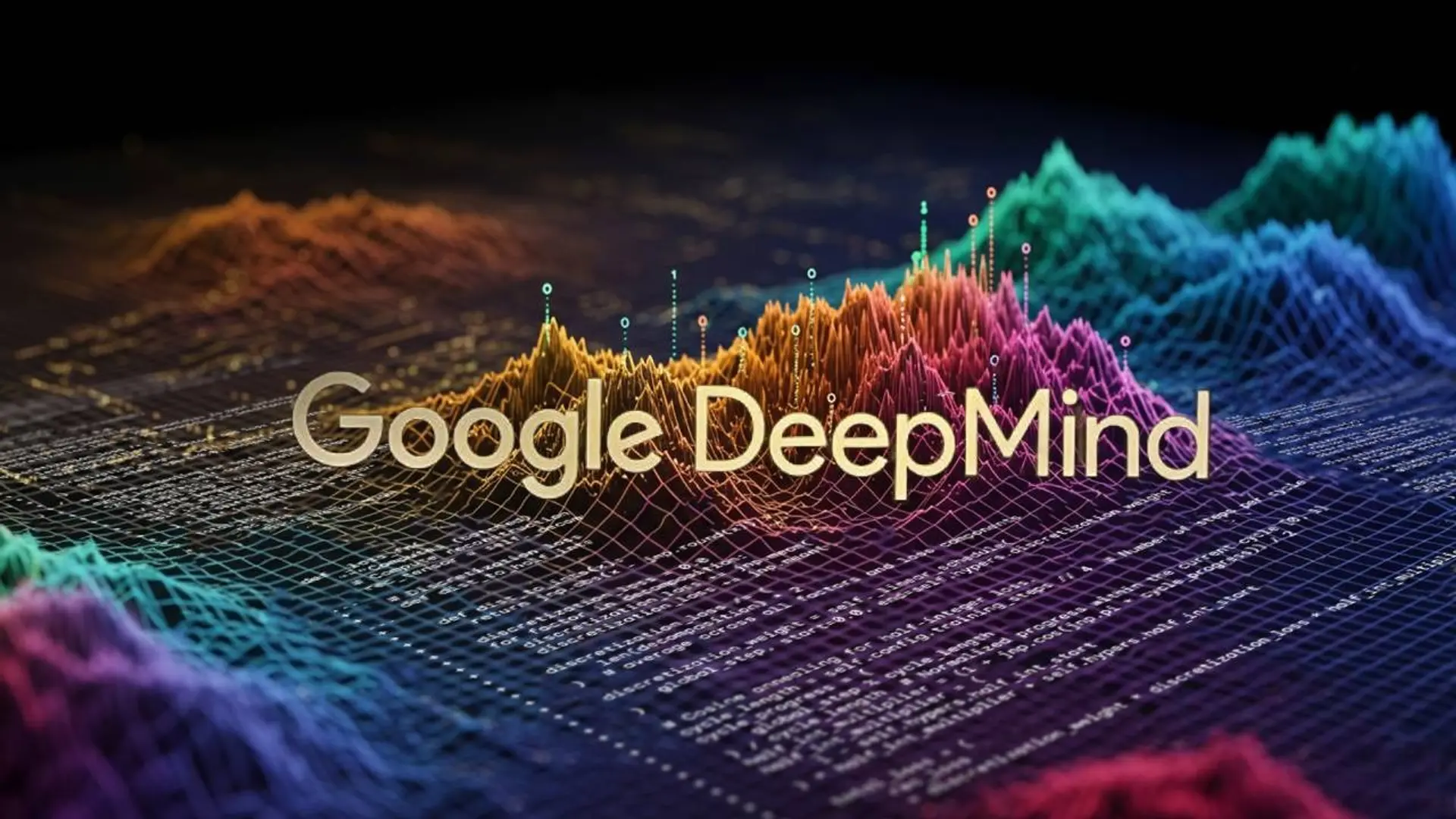DeepMind's CEO predicts AI will drastically reduce the time required for drug discovery, potentially shrinking the process from years to a matter of months. This acceleration is attributed to AI's ability to quickly analyse vast datasets, simulate molecular interactions, and predict the success of drug candidates. AI algorithms can identify compounds applicable to various diseases and improve the accuracy of predictions, helping researchers to screen out potentially toxic drugs early in the development process.
Generative AI models are trained on chemical, structural, and biological data to generate novel molecules and optimise synthesis routes automatically. AI's impact spans across target identification, compound screening, preclinical testing, and clinical trials, enabling researchers to make data-driven decisions and adapt trials as needed. AI can also integrate structured and unstructured data from various sources, facilitating quicker and more informed decisions.
Isomorphic Labs, a spin-out from DeepMind, is preparing for human trials of AI-designed drugs, with a focus on oncology, cardiovascular, and neurodegenerative diseases. This move signifies a major step in leveraging AI to create a world-class drug design engine, potentially improving trial success rates and streamlining the development of new medicines.




